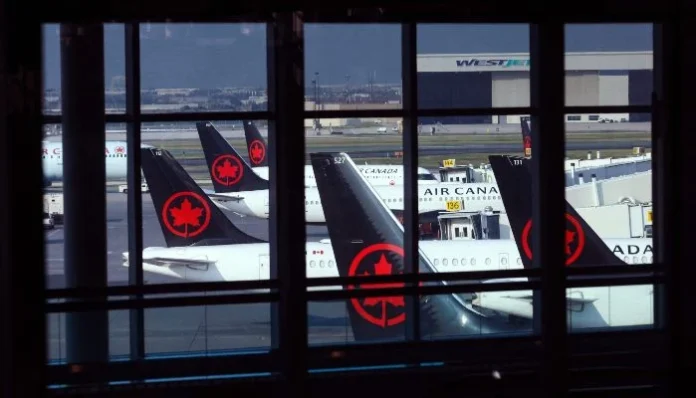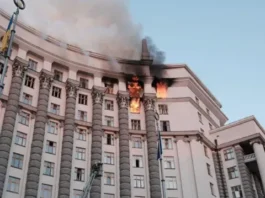Air Canada has suspended all flights after more than 10,000 cabin crew launched a 72-hour strike early Saturday, disrupting the travel plans of around 130,000 passengers a day.
The industrial action, confirmed by the Canadian Union of Public Employees (CUPE) at 00:58 ET (04:58 GMT), has forced the airline to ground about 500 flights per day, including those operated by its budget arm, Air Canada Rouge. By Friday night, Air Canada had already cancelled 623 flights, affecting more than 100,000 passengers, as part of a wind-down ahead of the strike.
The strike stems from a dispute over pay and working conditions. Flight attendants are demanding higher wages and compensation for time spent working on the ground, such as boarding and waiting at airports. CUPE said Air Canada’s offer of a 38% increase in total compensation over four years including a 25% raise in the first year fell short, describing it as “below inflation, below market value, below minimum wage.”
In a statement, Air Canada said it “deeply regrets the effect the strike is having on customers” and strongly advised passengers not to travel to the airport unless booked on another airline. The carrier confirmed that flights operated by Air Canada Jazz, PAL Airlines, and Air Canada Express remain unaffected.
Cabin crew have vowed to picket at major airports across Canada, where passengers have been scrambling to rebook flights. The airline, which operates direct services to 180 cities worldwide, said it had “suspended all operations” until further notice.
The standoff has drawn the attention of the federal government. Canadian Jobs Minister Patty Hajdu this week urged both parties to return to the bargaining table and confirmed that Air Canada had asked her to refer the dispute to binding arbitration. CUPE, however, accused the airline of refusing to negotiate in good faith, saying management was relying on government intervention instead of meaningful talks.










